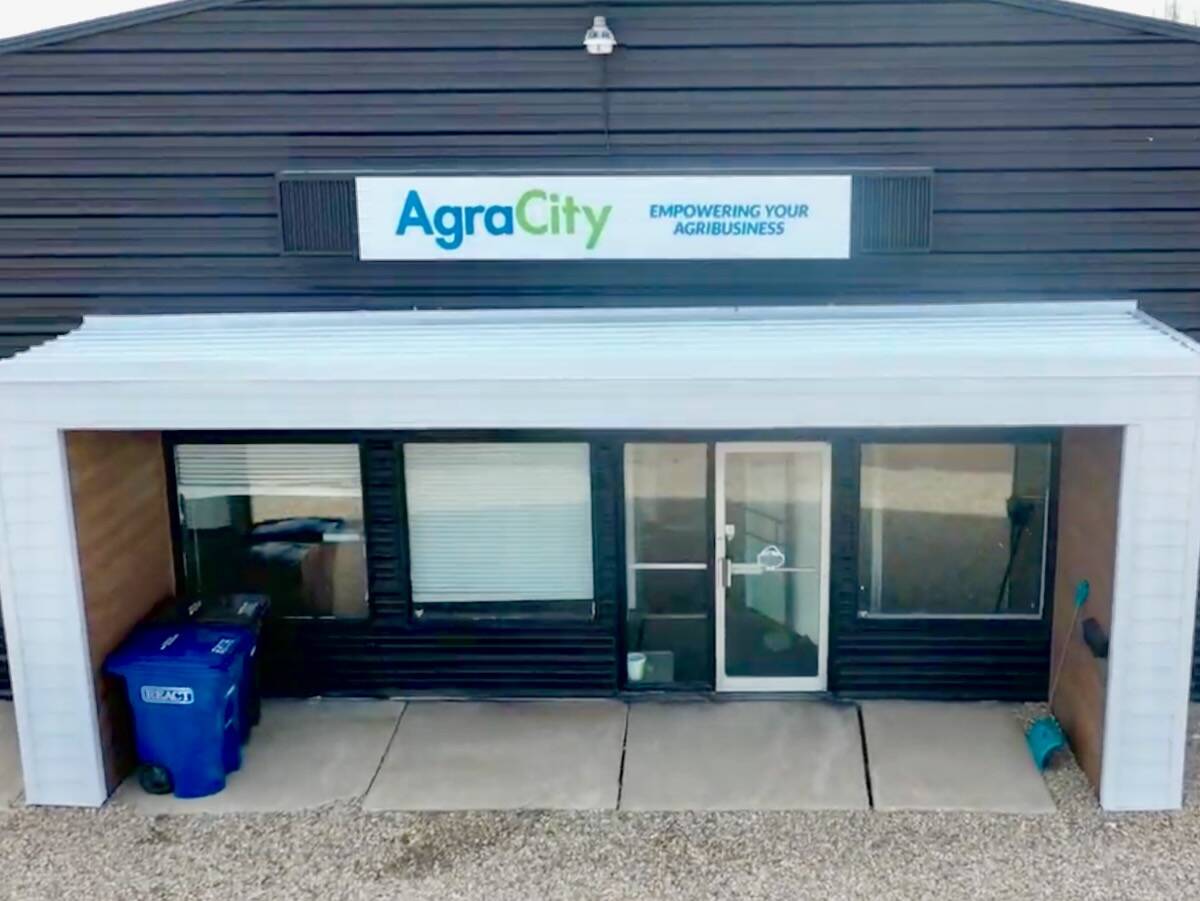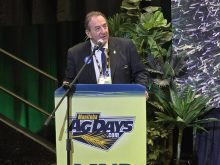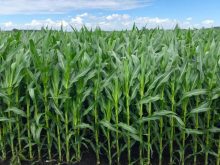There are still a few big “ifs” to be sorted out, but an Alberta Peace River region farmer is talking about plans to establish a biodiesel plant in northern Alberta to process nonfood grade canola and pennygrass into fuel.
Published reports say High Prairie farmer Stan Peacock is working with a U.S.-based company to build a $30 million plant in a as yet unconfirmed northern Alberta community, to process the two crops to produce up to 66 million litres of biodiesel a year.
A Michigan firm, TPA, which is owned by former Ford Motor Company executive James Padilla, has developed the modular biodiesel plant, which can be built and moved in a matter of months if necessary, that can process a range of materials including animal fats, soybeans, corn and canola into biodiesel.
Read Also

AgraCity’s farmer customers still seek compensation
Prairie farmers owed product by AgraCity are now sharing their experiences with the crop input provider as they await some sort of resolution to the company’s woes.
Peacock, who owns All Peace Industries, figures the time is ripe for establishing a biodiesel refinery in Alberta, as the Alberta provincial government has called for, starting in 2011, all diesel fuel sold in the province contain at least two per cent biodiesel. There are currently no biodiesel processors in the province.
A number of communities in the Peace River region and as far south as Fort Saskatchewan, just east of Edmonton, are being considered for the processing plant. Fnancing of the project has yet to be finalized.
Peacock says the plant will be able to process non-food grade or off-grade canola for biodiesel. And he is also a big supporter of pennygrass, a member of the Brassicaceae family, which he has grown on his farm for three years.
Pennygrass is described as a common North American weed also known as or in the same family as penny cress, fanweed and stink-weed. Peacock says it is an easy to grow, high oil-yielding plant, that also helps remove contaminants such as lead, zinc, arsenic and aluminum from the soil.















